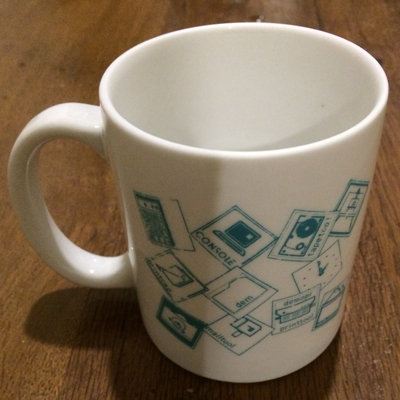Why frameworks suck?
09/04/2017

OPEN LOOK™, once it was a must, now it's but a mug - a nice and dear one though.

This is just an example of a wonderful framework: in 1990, it allowed building homogeneous UX for applications on top-of-the-moment desktop workstations.
As all really powerful frameworks, it required a long and tedious learning time - often with a steep initial learning curve - but with a beautiful result. The problem is that all the knowledge acquired to master it is now lost and this is the fate that doom all frameworks, thousands of framework since 1990.
The core of the problem is that frameworks provide high-level functionalities that don't last more than the underlying fashion. As a programmer, one should look after learning how to build complex tools with low-level instructions: that will last forever.
Of course it is worst to reinvent the wheel; except for very special cases, nowadays nothing useful can be achieved with machine language. Using a higher-level language - whatever - is better. And while working within a team, frameworks provide a strong common context.
So yes, frameworks are useful somehow. But then use them scarcely, staying aware that you will soon need to forget all about them and learn the next one.
Beside, there is another drawback to the use of frameworks: they constrain what you can do with them. If your specifications is close to what a framework is meant for, you will probably benefit of its use. If not, then the challenge to adapt the framework to your need is so expensive that you end in adapting your specification to what the framework allows.
Framework are definitely incompatible with specific developments.